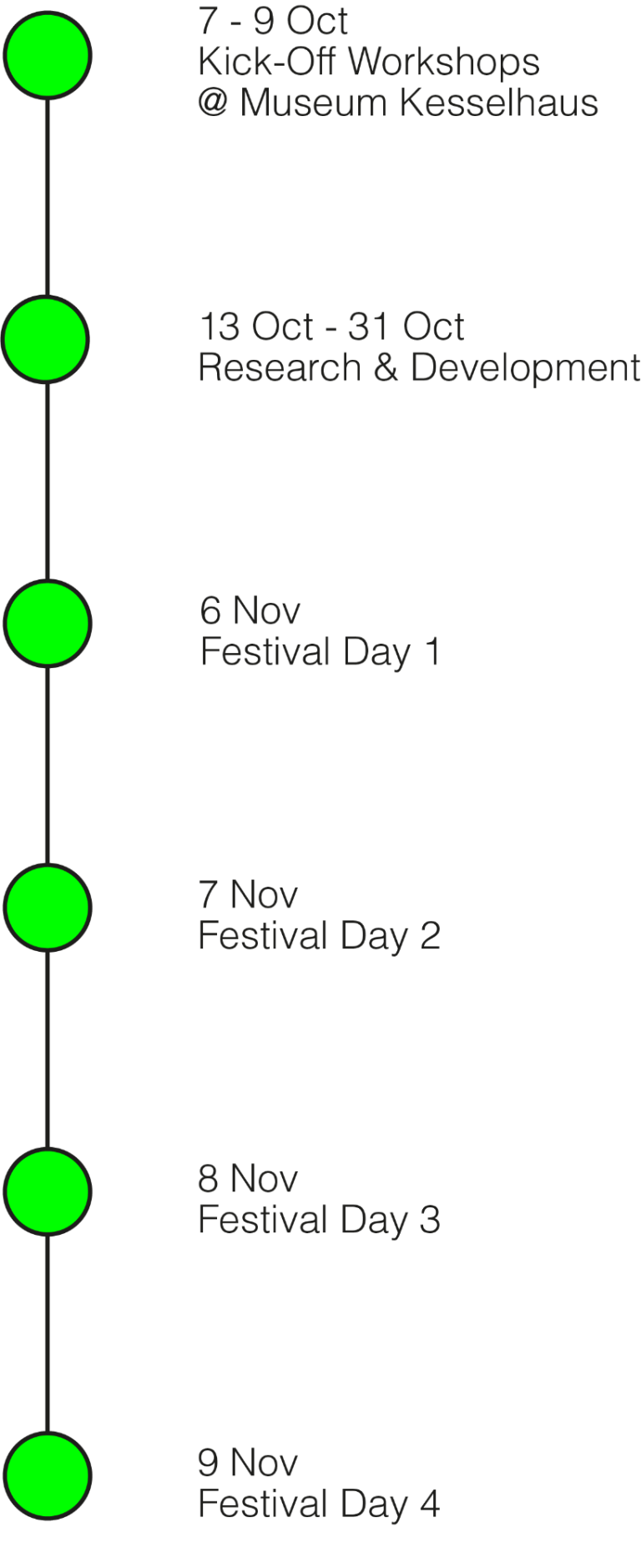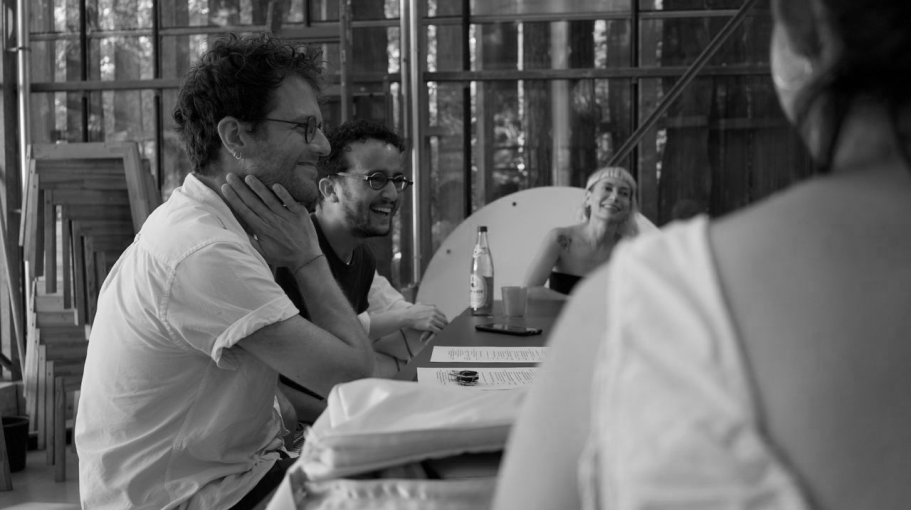
Site-Specific Artistic Residency and Festival
ONSITE SF
Kick-Off Workshops: 7 October - 9 October
Research & Development: 13 October - 31 October
Festival Dates: 6 November - 9 November
Open until: 31 Aug 2025
Results: 7 Sep 2025
The fourth edition of ONSITE invites 15 international artists, creators, researchers, and practitioners working across disciplines such as visual arts, performance, sound, and film. Following a shared three-day introduction to Po:era’s approach to site-specific / site-responsive research and an exchange of methodologies, participants will split into three groups to engage in individual or collective field research at one of the following locations:
- Museum Kesselhaus Herzberge (Lichtenberg)
- Kino Central (Mitte)
- Theater Acker Stadt Palast (Mitte)
Artists are invited to apply with a project proposal for one of the three participating sites. The proposal should match the venue’s primary artistic discipline (visual arts, film, performance) and respond to the site’s specific infrastructure, networks, and areas of expertise.

This year, we invite participating artists to engage with speculative storytelling as a method for artistic research and site-specific creation. Building on Donna Haraway’s idea of SF – not only as science fiction, but also as speculative fabulation, science fact, string figures, and speculative feminism – we encourage proposals that draw from the histories and presents of each site and its surroundings to imagine what could be. These speculative gestures might project utopian, dystopian, satirical, or mythic futures: a cinema turned startup incubator; a theatre reclaimed by vegetation; a museum functioning as an archive of vanished realities. Rather than seeking neutrality or nostalgia, we ask: what stories hide in the cracks of these places, and what futures do they suggest – or resist?
At the same time, we recognize that each artist arrives with their own landscapes – physical, cultural, emotional. These personal territories intersect with the architecture, atmosphere, and politics of the sites. We are interested in the friction and resonance between inner and outer worlds, between past and potential, between inherited structures and wild imaginaries. SF, in this sense, becomes a tool for territorial storytelling (story-futuring, sensory fantasy, survival futures, subversive frameworks) – one that welcomes more-than-human perspectives, queer ecologies, and decolonial timelines. We invite cultural practitioners to approach this process with curiosity, irreverence, and care, embracing speculation not as escapism, but as a grounded act of imagination.
To deepen this approach, we draw inspiration from thinkers such as Ailton Krenak and Grada Kilomba, who work with radical forms of story-futuring rooted in land, body, and ancestry. Krenak speaks of the future as an expanded now and of dreaming as a political act, while Kilomba reclaims fabulation as a decolonial method for rewriting memory, history, and reality. Their perspectives stretch the boundaries of SF into a multiplicity of timelines, epistemologies, and narrative strategies – opening space for what we might call sovereign fictions, South frequencies, sacred futures, and beyond.
Structure & Timeline
This year’s edition of ONSITE unfolds over an extended period in October and November 2025, with a structure designed to give space for deep engagement, flexibility, and continuity. In addition to their individual and collective projects, participants are invited to contribute to the group’s learning process by offering self-organised workshops, talks, or practical sessions. They are free to work independently, collaborate, or take part in feedback rounds facilitated by Po:era and members of the ONSITE network.

The residency begins with a three-day collective gathering (7–9 October) at Museum Kesselhaus Herzberge (Lichtenberg)—our key institutional partner and co-host for this edition. During this initial phase, all 15 participating artists will come together to get to know each other, exchange methods, and explore Po:era’s site-specific research approach.
Following this, the artists will split into three groups of five and conduct three weeks of artistic field research at one of the participating cultural sites. Throughout this process, artists will have access to the infrastructures, rehearsal and meeting spaces, and tools of the partner institutions.
During one pre-scheduled feedback session per week each group will be closely accompanied by Po:era in a mentoring and curatorial role.
The final works will be presented as part of the ONSITE Festival, which this year takes place from November 6 - 9 at the three different sites.
THE SITES
The three participating sites – museum, cinema and theatre – are not passive backdrops, but cultural organisms with porous boundaries. They are shaped by their architectural bodies, institutional memory, and the people – organizers, caretakers, neighbours, audiences – who keep them alive. Each site exists outside the mainstream art market and is sustained by passionate individuals with distinct visions and longstanding ties to their communities. At the same time, they navigate the fragility of survival in an increasingly commodified cultural landscape.
We welcome proposals that are attuned to these layered dynamics – works that listen to the subtle textures of each site, engage with its rhythms and frictions, and respond through forms that grow from the inside out. For the public presentations, participants may use and interact with both indoor and outdoor spaces of the host institutions. We do not limit site-responsive artistic processes to the buildings of our partner institutions themselves. Artists are encouraged to explore the wider environments in which these sites are embedded – their surrounding neighborhoods, streets, and social fabrics. Proposals may engage with the broader context, acknowledging that each site exists within a complex urban ecology that shapes and is shaped by it.

Museum Kesselhaus
The historic boiler house, located on the grounds of a psychiatric hospital, holds over a century of industrial history. Once responsible for supplying heat and electricity to the hospital, it now serves as a space for deconstructive thinking, site-specific research, and as a living laboratory for diversity and ongoing transformation. The museum sees itself as part of the “third landscape” – a socio-cultural platform that embraces ambiguity and resists fixed definitions. As such, it also faces the uncertainties of a challenging future.

Kino Central
Kino Central is a hidden gem of independent cinema in the heart of Mitte. Located on Rosenthaler Straße 39, it unfolds through layered passageways, offering an evocative cinematic discovery reminiscent of a time-travel journey into Berlin’s creative past. As a socio-cultural hub integrated into the larger artistic network of Haus Schwarzenberg—which includes galleries, studios, and cultural memory sites—Kino Central provides an alternative to mainstream cinema through its independent ethos and deep connection to Berlin’s vibrant subcultures.

Acker Stadt Palast
The Acker Stadt Palast in Berlin's Mitte district is a place where established artists and newcomers meet to experiment and reflect upon contemporary discourses. The focus of the venue, established in 2012, is on the connection between contemporary dance and new music. The Acker Stadt Palast offers the independent sector a novel interface between these art forms while also being interested in diverse aesthetic forms of dance and theatre. This year ONSITE joins Pink You Fest at the venue in close collaboration with the artist duo MXM.
Who can apply
We invite creators and thinkers from all disciplines to apply with a proposal for a site-specific investigation or intervention at one of the participating sites.
This includes, but is not limited to:
– Performing and visual artists
– Sound artists and filmmakers
– Academic or practice-based researchers
– Social practitioners, storytellers, fabulators
We especially encourage applications from individuals who identify as migrant, queer, non-binary, or BIPoC.
What we offer
Selected artists will be part of a dynamic and process-oriented residency that includes:
- Each artist receives a financial contribution of 150 EUR
- Three-day workshop on site-specific methodologies
- Technical and camera / sound equipment
- A platform for experimentation and presentation
- Artistic mentoring and curatorial support by Po:era
- Exchange with other international and Berlin-based artists
- Access to the infrastructures, tools, and workspaces of the partner institutions
- Opportunities to connect with local networks and site-specific communities in Berlin
Please note:
This year we are unable to cover accommodation or food expenses.
Timeline
Application Deadline: 31 August 2025
Notification of Selected Artists:
by 7 September 2025
Kick-Off Workshops:
7–9 October 2025
Research & Development:
13 October - 31 October 2025
Festival:
6 - 9 November
How to apply
Please fill out our application form.
For questions, contact us at: onsitefestival@poera.de
We look forward to your proposals!

Po:era
ONSITE festival is hosted by the interdisciplinary duo Po:era. Lucas Lacerda and Daniel Weyand create immersive experiences at the intersection of performance, sound and audio-visual art. In their site-specific research they engage with the material, imaginary and living qualities of a space to uncover its stories and paths to the future or to create connective, sense-based encounters with its human and non-human inhabitants.

Daniel Weyand
Daniel Weyand is an anthropologist, sound artist, and author of audio walks and immersive theater formats. In addition to his artistic work as a video and sound editor for Po:era, he has been working for over ten years as a project manager at the intersection of urban practice, cultural production, and media education. In this context, he has supported young filmmakers in an exchange program between Germany and Cameroon and produced films addressing topics such as gender, privilege, and global inequality. He is currently involved in an interdisciplinary research network at Humboldt University of Berlin, where he is developing the literary and anthropologically speculative world of the fictional exoplanet Caladri—at the intersection of art, science, and social practice.
Lucas Lacerda
Lucas Lacerda is an intermedia artist and curator of ONSITE. With two decades of experience in theater and a background in TV, dance, and film production, his work as a director and performer explores hybrid forms of storytelling that merge fiction and documentary in relation to urban space. Through site-responsive performances, immersive theater, audio-video walks, and docufiction films, he engages with the city as stage, co-author, and living subject. His artistic approach is grounded in the interplay of multiple mediums, using their convergence as a method to craft site-specific experiences that respond to spatial, historical, and sensorial dimensions.
Recent works include the immersive piece Parte de Nós, created in collaboration with MAM Bahia, Museum of Modern Art in Brazil, and the participatory docufiction films Framing Grunewald and Brücke Bewegt, both developed in cooperation with Brücke Museum in Berlin.
ONSITE is a short-term laboratory of site-responsive experimentation and collaborative creation. Through intuitive cartography, shared practices and collective not-knowing, multidisciplinary artists and researchers develop personal and communal approaches to a territory, space or institution.
The four-day festival takes place in changing locations in partnership with local cultural institutions and in a participatory dialogue with the neighbourhood.
Co-Host:

Partners:



A project by:
